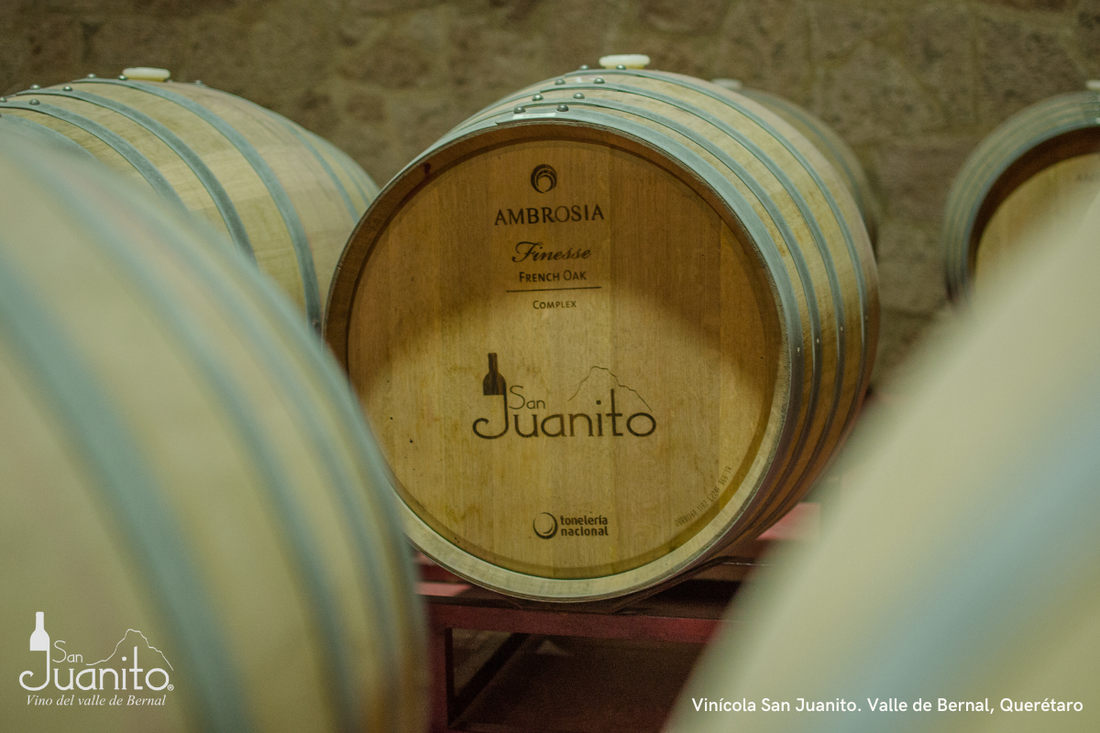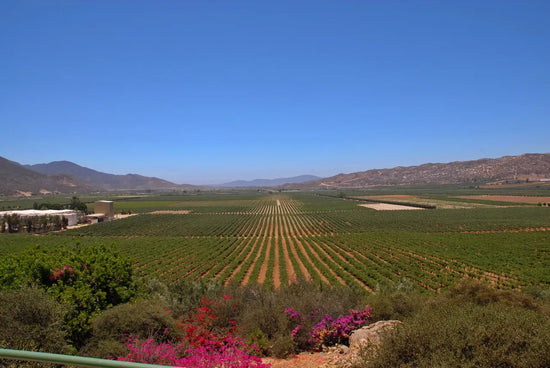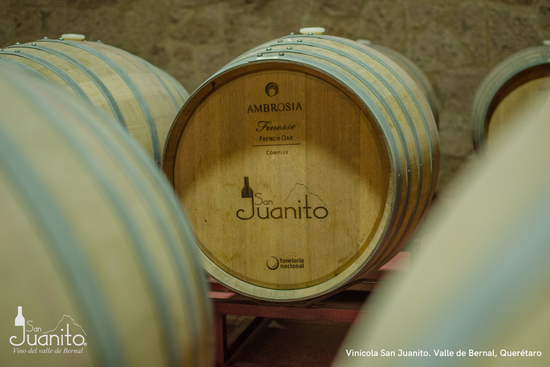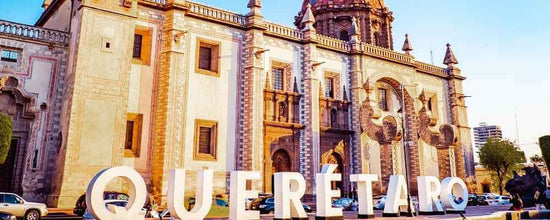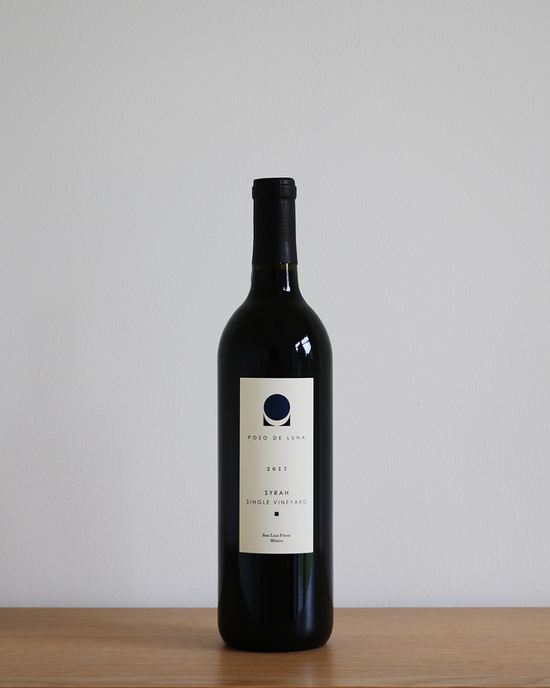As the wine industry faces a younger consumer base that values sustainability, many wineries are rapidly adapting to meet these changing needs. Younger consumers are becoming more selective with their purchases and tend to buy from labels that align with their values. As a result, many wineries have begun to shift their sustainability practices to meet this growing demand. In Mexico, San Juanito is leading the charge by becoming the country's first carbon-neutral winery.
What does being carbon neutral mean?
Being carbon neutral means balancing the amount of carbon dioxide (CO₂) and other greenhouse gases emitted by either reducing emissions or offsetting them. In other words, companies take full responsibility for their carbon footprint by working to reduce it as much as possible and then compensating for any remaining emissions.
How was San Juanito certified?

In Mexico, a winery’s carbon-neutral status is regulated by MexiCO₂ and verified by independent third parties.
To become carbon neutral, a winery must first quantify both its direct and indirect emissions. These are calculated using internationally recognized standards, such as ISO 14065:2013. An accredited verifier then audits the emissions inventory, which involves reviewing documentation, conducting site visits, and confirming data sources.
After the audit, the winery must reduce its emissions through the use of renewable energy and other sustainable practices. Finally, it must offset any remaining emissions it cannot eliminate. This is done by purchasing carbon credits, which fund projects that help remove or prevent emissions elsewhere—such as tree planting, renewable energy initiatives, or carbon capture technologies. When a company’s emitted and offset emissions are fully balanced, it is considered carbon neutral.
San Juanito achieved carbon neutrality in 2023 by adopting various sustainable practices, such as installing solar panels and reducing water consumption. The winery is also working to decrease its use of glass bottles. To offset its remaining emissions, San Juanito purchased carbon credits supporting the Cogeneración de Energía con Bagazo de Caña project in Veracruz, which resulted in a reduction of 385 tons of CO₂ emissions.
No longer a trend but an expectation?
In 2023 Treviño Martínez told El Economista, a recognized Mexican newspaper, that he hoped San Juanito’s sustainable practices and carbon-neutral status would help distinguish their wines on the shelf. However, as winemakers continue adapting to shifting consumer values, it has become clear that sustainability is no passing trend—it is a core value of the emerging consumer base.
Recently, Sala Vivé, a label under Freixenet Mexico, acquired a sustainability certification from TÜV Austria, an international organization that certifies companies with strong sustainability practices. They received ISO 14001 certification, which demonstrates that Sala Vivé has adapted its production methods to meet rigorous international standards.
Another winery, RGMX, spoke to Vogue Mexico about how their use of unique ancestral techniques allows them to produce wine that “respects the land” and results in a higher-quality product, increasing consumer satisfaction.
As more wineries embrace sustainability, we hope these evolving values continue to inspire winemakers to push creativity and innovation toward a greener future.


